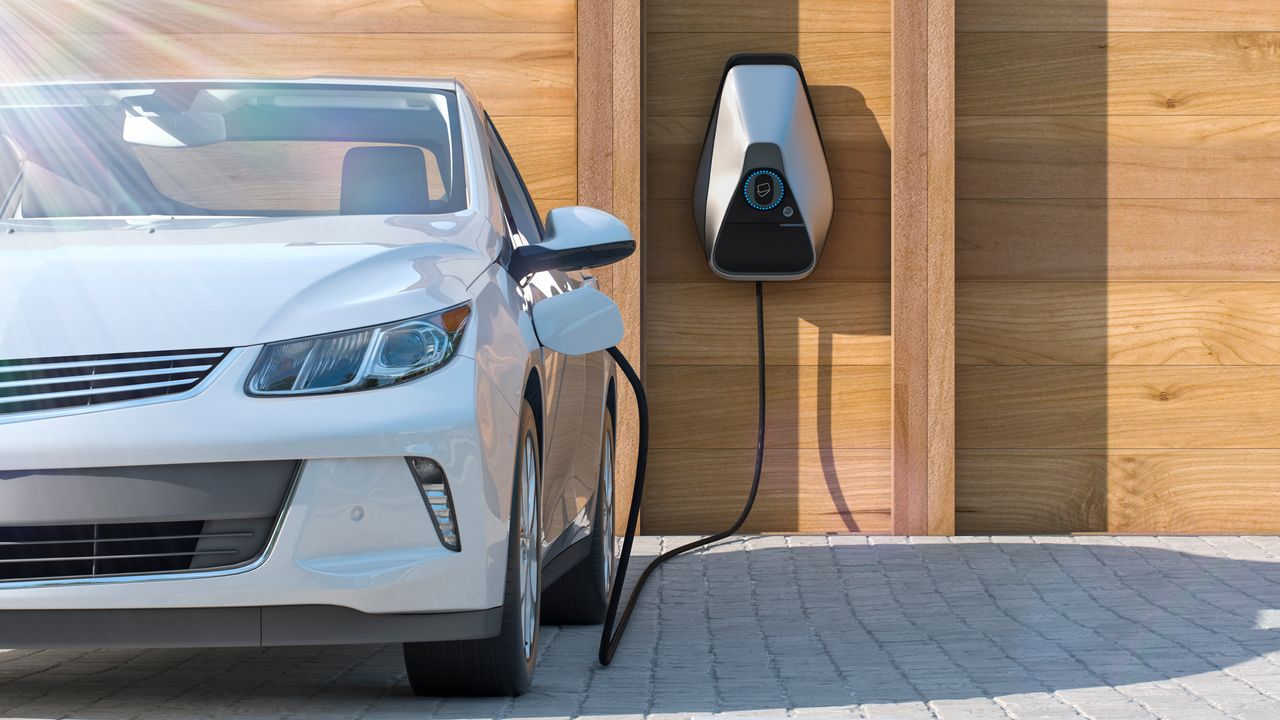Electric Vehicle Battery Recycling and Sustainability: Creating a Greener Future
As the world shifts towards a more sustainable future, electric vehicles (EVs) have emerged as a promising solution to reduce carbon emissions and combat climate change. However, the sustainability of EVs goes beyond just their zero-emission driving. It also involves the responsible management of their batteries throughout their lifecycle. In this article, we will explore the importance of electric vehicle battery recycling and how closed-loop systems, sustainability certifications, and materials recovery play a crucial role in creating a greener future.
Closed-Loop Systems: The Key to Sustainable Battery Recycling
One of the most significant challenges in the electric vehicle industry is the proper disposal and recycling of batteries. Fortunately, closed-loop systems have emerged as a solution to this problem. Closed-loop systems involve the collection, recycling, and reuse of batteries in a continuous cycle, minimizing waste and maximizing resource efficiency.
By implementing closed-loop systems, manufacturers can ensure that end-of-life batteries are collected, processed, and recycled responsibly. This not only reduces the environmental impact but also helps recover valuable materials such as lithium, cobalt, and nickel, which can be reused in the production of new batteries.
Sustainability Certifications: Ensuring Responsible Battery Recycling
When it comes to battery recycling, sustainability certifications play a vital role in ensuring responsible practices. These certifications provide a way to verify that batteries are being recycled in an environmentally friendly and socially responsible manner.
For example, the Responsible Recycling (R2) certification ensures that recycling facilities meet strict environmental, health, and safety standards. By choosing to work with R2 certified recyclers, EV manufacturers can be confident that their batteries are being handled responsibly and that hazardous materials are being properly managed.
Materials Recovery: Unlocking the Potential of Battery Recycling
Materials recovery is a critical aspect of battery recycling that allows us to unlock the full potential of these valuable resources. As mentioned earlier, batteries contain valuable materials like lithium, cobalt, and nickel, which are in high demand for the production of new batteries.
Through advanced recycling technologies, such as hydrometallurgical and pyrometallurgical processes, these materials can be extracted and purified for reuse. This not only reduces the need for mining new raw materials but also conserves energy and reduces greenhouse gas emissions associated with their extraction.
Conclusion
Electric vehicle battery recycling is an essential component of creating a greener future. By implementing closed-loop systems, obtaining sustainability certifications, and focusing on materials recovery, we can ensure that EV batteries are recycled responsibly and their valuable resources are put to good use.
As the demand for electric vehicles continues to grow, it is crucial for manufacturers, policymakers, and consumers to prioritize sustainability throughout the entire lifecycle of these vehicles. By doing so, we can move closer to a more sustainable transportation system and a cleaner, healthier planet for future generations.
